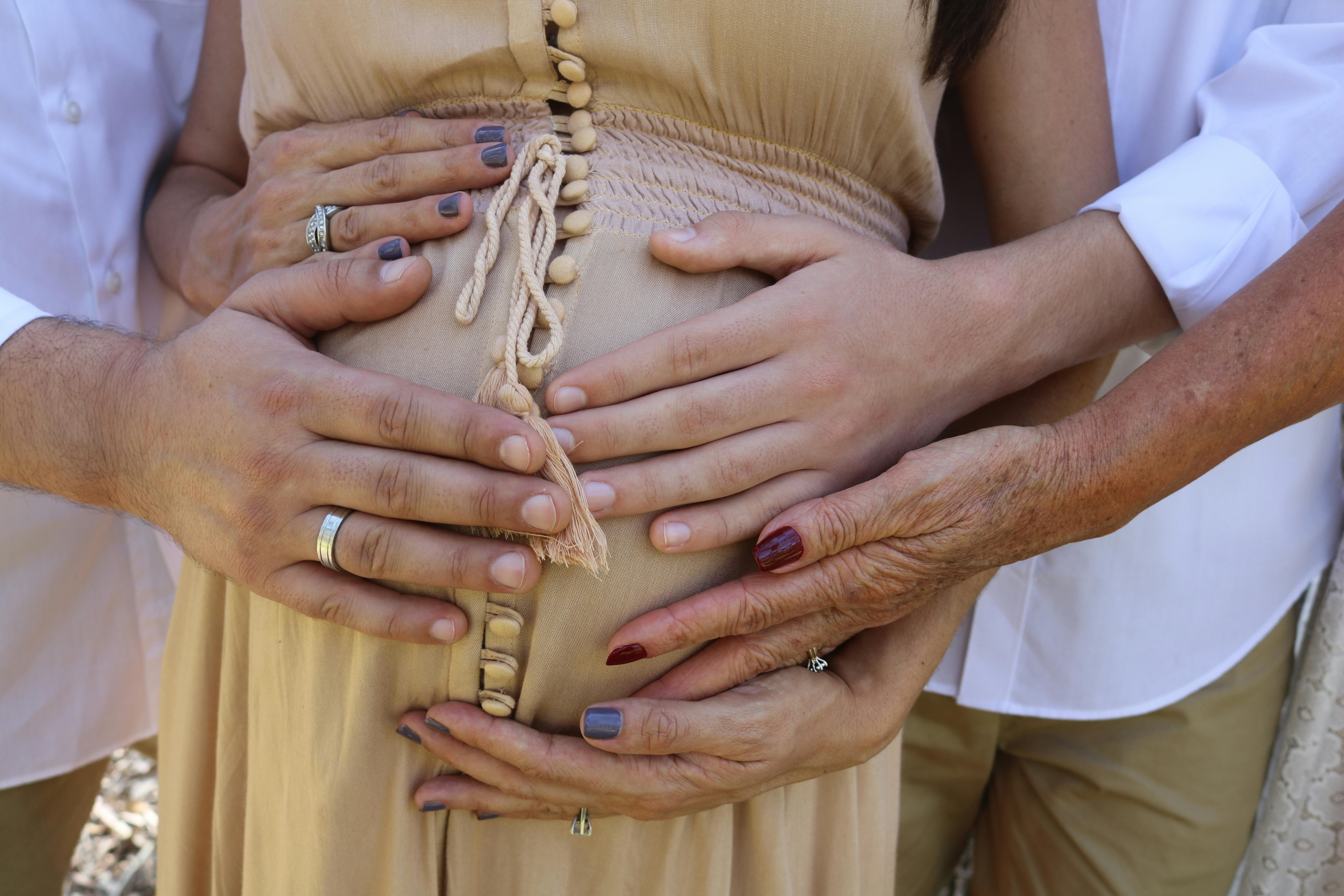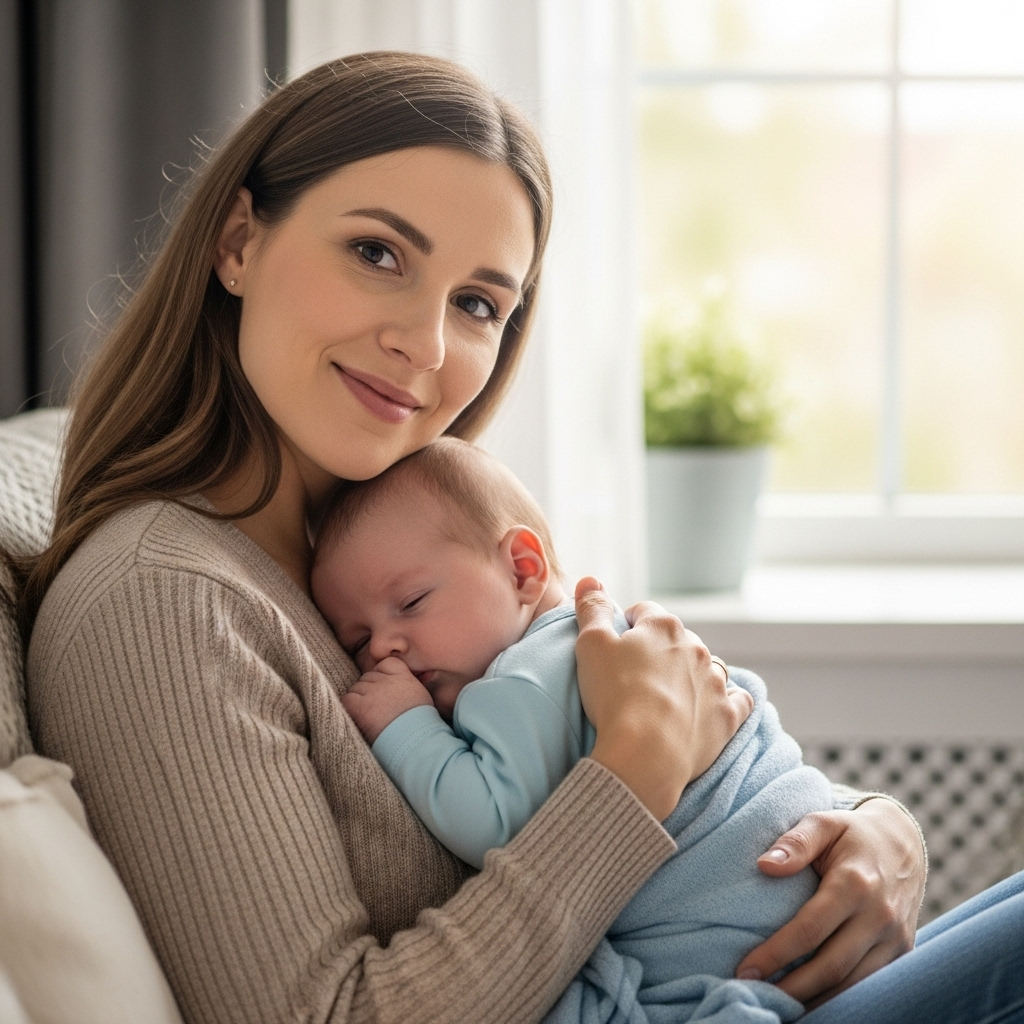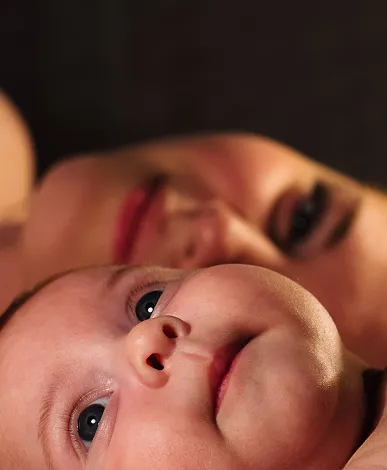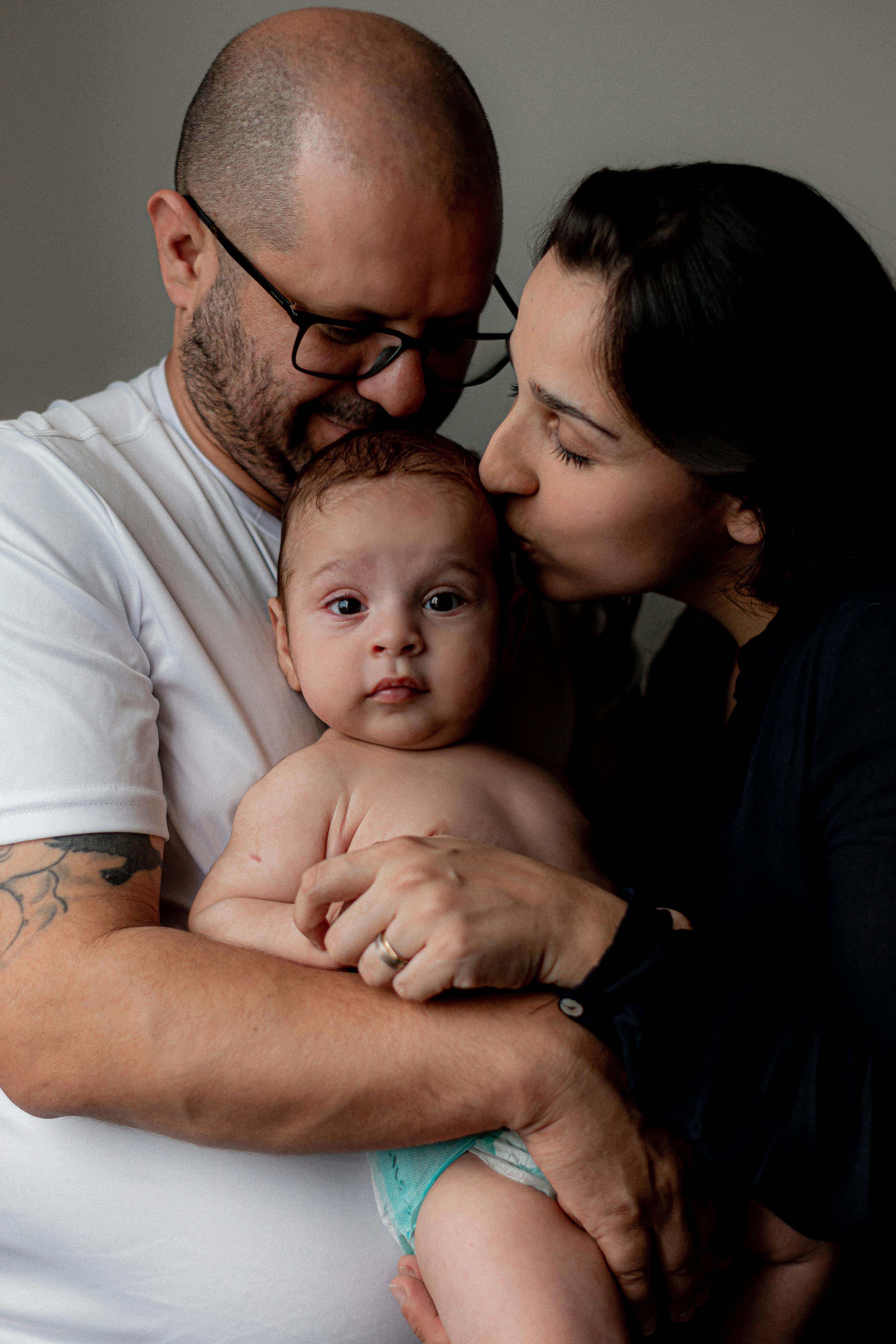Mini IVF in Los Angeles
Schedule an Initial Consultation with a Los Angeles Mini IVF Doctor Today!
Los Angeles Mini IVF Clinic
Discover the cost-effective and gentle alternative to fertility with Mini IVF. Contact our double-board certified fertility specialist in Southern California today!
Mini IVF, also known as minimal stimulation IVF, offers a gentler and more affordable fertility treatment option for those hoping to grow their family. By using lower doses of ovarian stimulation medication, Mini IVF reduces both the physical impact and overall cost compared to traditional IVF. This approach focuses on quality over quantity, producing fewer but higher-quality eggs to improve the chances of a successful pregnancy.
Choosing the right fertility treatment can feel overwhelming, but understanding your options can help ease any concerns. On this page, we explain the Mini IVF process in detail so you can make an informed decision with the support of our experienced fertility specialists. Our goal is to help you explore whether Mini IVF is the best fit for your unique needs and family-building journey.
What is Mini IVF?
Mini IVF is a less extreme type of Vitro Fertilization (IVF) that uses minimal fertility medication. This approach gently stimulates egg production, releasing fewer eggs from the ovaries, whereas traditional IVF releases a larger quantity of eggs. The simplified protocol of Mini IVF can be gentler on the body as it requires reduced medication and fewer monitoring appointments. Patients who have not had successful outcomes with traditional assisted reproductive technology (ART), may benefit with the different approach of Mini IVF. Likewise, candidates with low or Diminished Ovarian Reserve (DOR) may benefit from this protocol.
Mini IVF Process
- Candidates will first undergo a consultation and fertility evaluation. The fertility specialist will then create a Mini IVF path tailored to the patient’s specific needs.
- Once past the initial threshold, Mini IVF patients will have a baseline ultrasound. What this does is assess the ovaries and measure hormone levels using blood tests. Usually, we will also conduct a vaginal ultrasound along with AMH blood tests. Once these are done, we have our patience to complete pre-cycle lab work which includes hormone testing as well.
- Following the baseline ultrasound is the mild stimulation regimen. This regimen generally includes oral medications or low-dose injectables. This protocol is intended to produce few high-quality eggs rather than a large quantity.
- Patients will then have regular monitoring appointments consisting of ultrasounds and blood tests. The purpose of the monitoring process is to track the follicle growth and hormone levels.
- As the follicles achieve an optimal size, an injectable or “trigger,” medication will be administered, preparing the eggs for retrieval.
- The egg retrieval is scheduled approximately 36 hours after the trigger shot. A minor surgical procedure allows the doctor to aspirate the mature follicles to collect the eggs. This procedure can range roughly from 20 to 30 minutes. A sperm sample is then provided by the partner, or donor, the day of the egg retrieval.
- The eggs are then collected and fertilized via conventional insemination or intracytoplasmic sperm injection (ICSI) in the lab. Fertilized eggs are cultured for 3 to 5 days in an incubator - the most developed and qualified embryos are then selected for transfer.
- The embryo transfer is an uncomplicated and relatively quick procedure. A thin catheter places the embryo(s) into the uterus through the cervix.
- Subsequent to the embryo transfer, patients will receive hormonal support to help the uterine lining and support early pregnancy. In the vicinity of 10 to 14 days after the embryo transfer, a blood test is run to check for pregnancy.
Who is a Good Candidate for Mini IVF?
Mini IVF and traditional IVF are two effective fertility treatments but differ appreciably in their approach, costs, and suitability. Learning who makes a good candidate for Mini IVF or traditional IVF can help patients ascertain the treatment plan that best reflects their needs.
Mini IVF v Traditional IVF: Understanding Candidacy Differences
Traditional IVF may be recommended for candidates with a higher ovarian reserve, meaning they can respond well to higher doses of medication, consequently producing a greater quantity of eggs. With traditional IVF, the objective is to acquire as many eggs as possible to increase the chances of successful fertilization and embryo transfer. Due to the aggressive stimulation, this process can be taxing and can possibly lead to side effects such as Ovarian Hyperstimulation Syndrome (OHSS).
Mini IVF is customarily advocated for women with Diminished Ovarian Reserve (DOR). The mild stimulation approach reduces the risks associated with aggressive ovarian stimulation, making it a suitable fit for patients with health concerns. This makes Mini IVF an excellent option for women who may be more sensitive to medication, have a lower ovarian reserve, or prefer a more natural approach with fewer medications and side effects. Additionally, Mini IVF may be more cost-effective, as it involves fewer medications and clinic visits compared to traditional IVF.
Overall, the choice between Mini IVF and traditional IVF should be made based on individual health, ovarian reserve, and personal preferences, often in consultation with a fertility specialist who can provide tailored advice based on comprehensive medical assessments
Previous IVF Experiences:
Mini IVF can be a suitable option for patients who have had unsuccessful traditional IVF cycles - especially if the high medication doses were problematic. Sometimes a different stimulation approach and focus on egg quality rather than quantity can yield better results.
Is Mini IVF More Affordable?
One of the largest factors fertility patients consider when deciding between Traditional IVF and Mini IVF are fertility costs. Traditional IVF accumulates higher costs as a direct result of the extensive use of medication, frequent monitoring, and multiple procedures. Ergo, making Mini IVF a more affordable option!
Mini IVF Commonly Asked Questions
How Long Does Mini IVF Take?
Having a timeline can help couples prepare financially and emotionally for the forthcoming fertility treatment. Similar to traditional IVF, Mini IVF will last for a duration of 4 to 6 weeks. What’s more, Mini IVF provides a less intense experience with fewer medications and monitoring visits, while providing more intervention than Natural IVF.
Can I Have Mini IVF After Tubal Ligation?
Mini IVF can be suitable after tubal ligation because the procedure bypasses the fallopian tubes. The eggs are retrieved directly from the ovaries and the embryos are implanted into the uterus. The fallopian tubes are inessential, making Mini IVF a potentially viable option. However, it’s important to consult with a fertility specialist to verify candidacy.
What Are the Success Rates of Mini IVF?
Mini IVF can yield slightly lower success rates than those of traditional IVF as fewer eggs are retrieved. Nonetheless, Mini IVF can result in viable pregnancies despiste the lower egg yield.
On average, the success rates of Mini IVF range from 10% to 20% per cycle, whereas traditional IV success rates range from 40% to 60% per cycle. Please be advised that the success rates vary greatly depending on various factors, including the patient’s age, ovarian reserve, medical history, sperm quality and lifestyle.
Patient selection and individualized treatment approach are other factors that come to play in terms of success rates. A specialist can evaluate personal circumstances, provide recommendations and offer insights into expected success rates. Understanding the nuances of Mini IVF and collaborating with fertility specialists will allow patients to make educated decisions that align with their personal fertility goals.
Connect with a Southern California Mini IVF Doctor Today
Mini IVF can be a great alternative for those looking for a gentler type of assisted reproductive technology (ART). With a broader candidacy and less invasive process, Mini IVF can be a viable option for different populations of patients. At Reproductive Fertility Center, it is our goal to help you accomplish your fertility goals. If you are looking for a Los Angeles Board Certified Fertility Doctor, please do not hesitate to contact our office. We have convenient clinics located in West Hollywood, Riverside, and Glendora. Our team is dedicated to helping you achieve your family goals and help every step of the way.
Most Frequently Asked
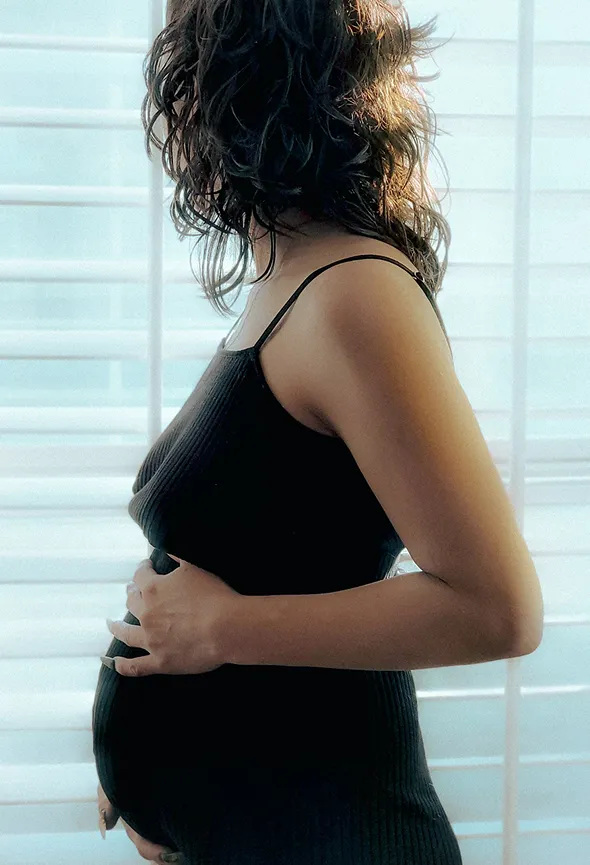
Start your Journey with a Southern California Fertility Specialist
To better service our patients, we have several locations in West Hollywood, Riverside, and Glendora. We also offer private transportation arrangements to in-home care, and nearly everything in-between. Concierge Services will take care of many of the details for you.


